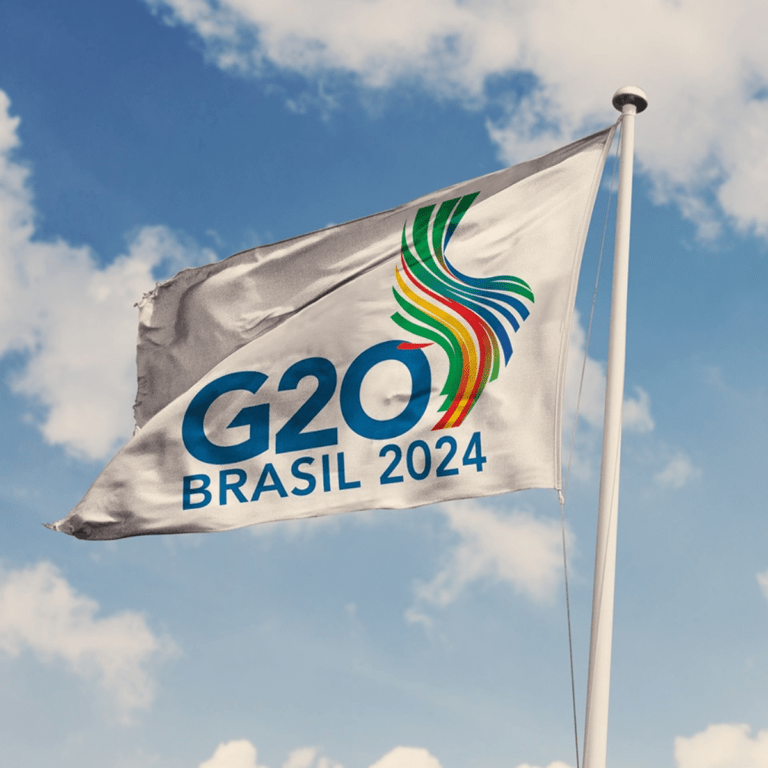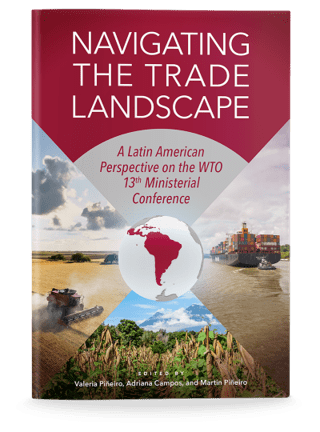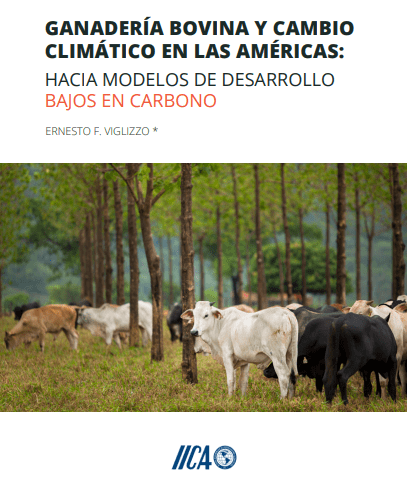Martín Piñeiro, Cassio Luiselli, Álvaro Ramos y Eduardo Trigo, CARI-GPS, Ed. Teseo, Septiembre de 2021
Food is the result of complex national systems integrated by agriculture but also by a series of industrial processes and distribution and marketing activities that supply the final consumer. In turn, these national systems form, through international trade, a powerful global food system. The set of all these activities is the main economic activity of 40% of the world's population.
This global food system must be able to provide food to the entire population in sufficient quantity, at reasonable prices and stable over time, and with sufficient variety and quality to satisfy the expectations and needs of consumers. How to achieve a balanced development of food systems that takes into account, on the one hand, the particular conditions and needs of each country and region and, on the other, global needs, is one of the great challenges of humanity.
A first step in this direction is the convocation of the Secretary General of the United Nations to a Conference on Food Systems to be held in September 2021. The American hemisphere is the main producer and exporter of food worldwide, and as such should have a leading role in the deliberations and in the implementation of the consensuses that are reached, including, especially, the rules and disciplines necessary for the proper functioning of the international food trade. This book tries to contribute to these processes of reflection and formulation of proposals with a vision from Latin America.
Martín Piñeiro is an agricultural engineer from the University of Buenos Aires and a PhD in Agricultural Economics from the University of California, Davis. He is director of the Committee on Agrarian Affairs of the Argentine Council for International Relations (CARI), advisor to the Director General of IICA and a member of the Advisory Council on Food Security for the Americas of IICA. He is a founding member and member of the Advisory Council of the GPS network and director of the CEO Group.
Cassio Luiselli graduated as an economist from UNAM and received a master's and doctorate degree from the University of Wisconsin, where he specialized in Agricultural Economics and International Affairs. Subsequently, she obtained a PhD in Geography and Environmental Studies from the University of South Africa. He is currently an associate researcher in the University Program for Development Studies at UNAM and emeritus professor at the Instituto Tecnológico de Monterrey (Mexico City Campus). He is also a graduate professor at the Mora Institute. He is a member of the High Level Advisory Council for Food Security of the Americas (IICA, 2020).
Álvaro Ramos is an agronomist with a specialization in Investment Policies for Development, Design and Evaluation of Investment Projects for Development and in International Trade Negotiations in Agriculture. Currently, he is professor of Final Works of the International Studies Degree of the Faculty of Social Sciences of the ORT University of Uruguay, member of the National Academy of Engineering of Uruguay, of the Board of Directors of the CLAEH University of Uruguay and of the Advisory Council in Food Security for the Americas from IICA.
Eduardo Trigo has a PhD in Agricultural Economics from the University of Wisconsin. He is specialized in the area of policies and management of science, technology and innovation in agriculture, and in the sector of natural resources, with special emphasis on topics related to the bioeconomy. He is currently a professor in Bioeconomy at the Agribusiness and Food Center of the Austral University, advisor to the Directorate of Technical Cooperation of the Inter-American Institute for Cooperation on Agriculture (IICA) and director of the CEO Group.
Download document in Spanish or English.



